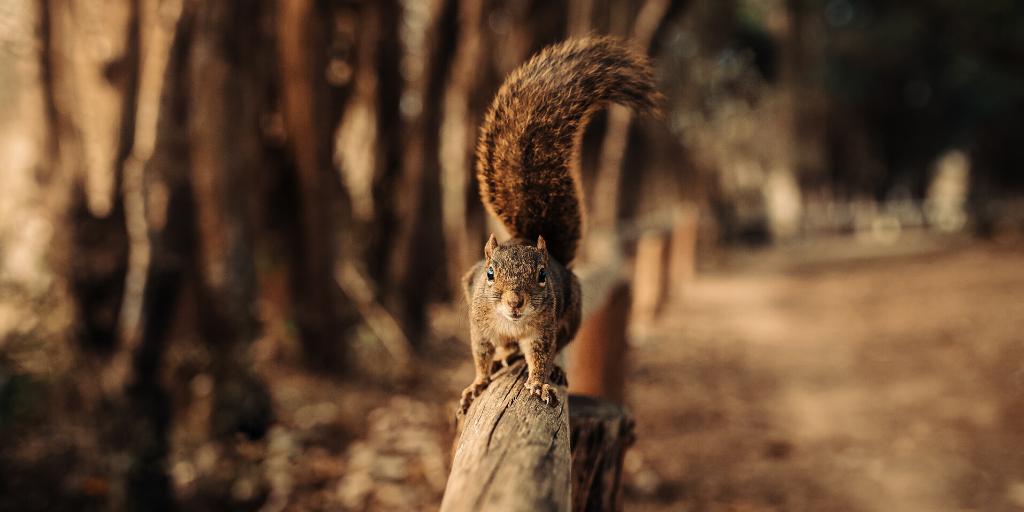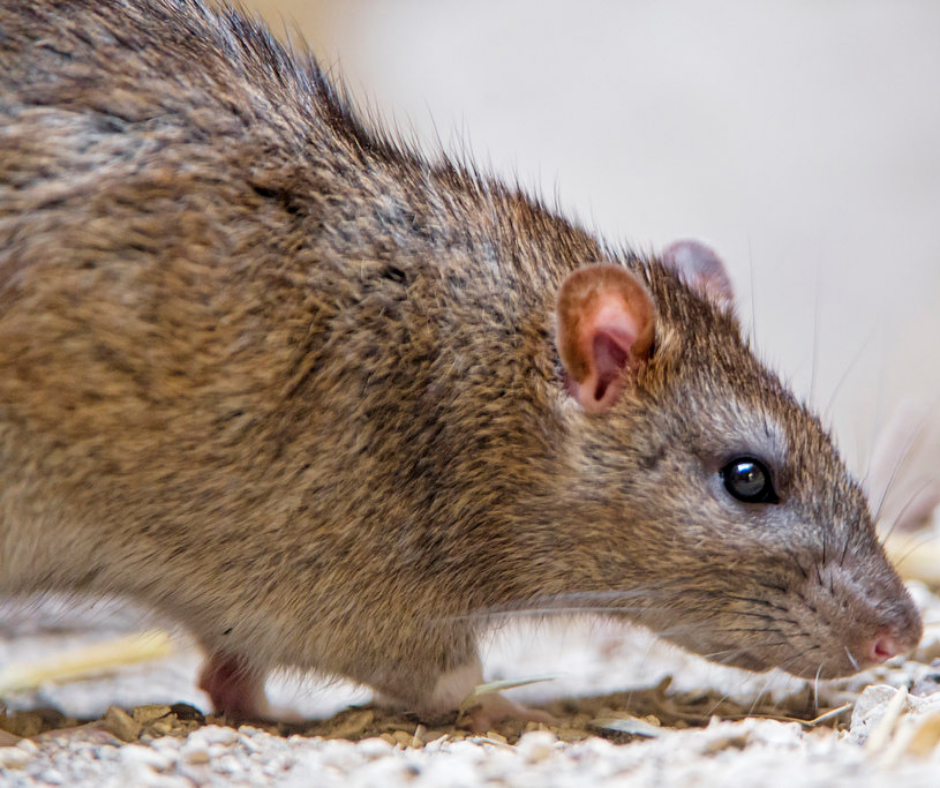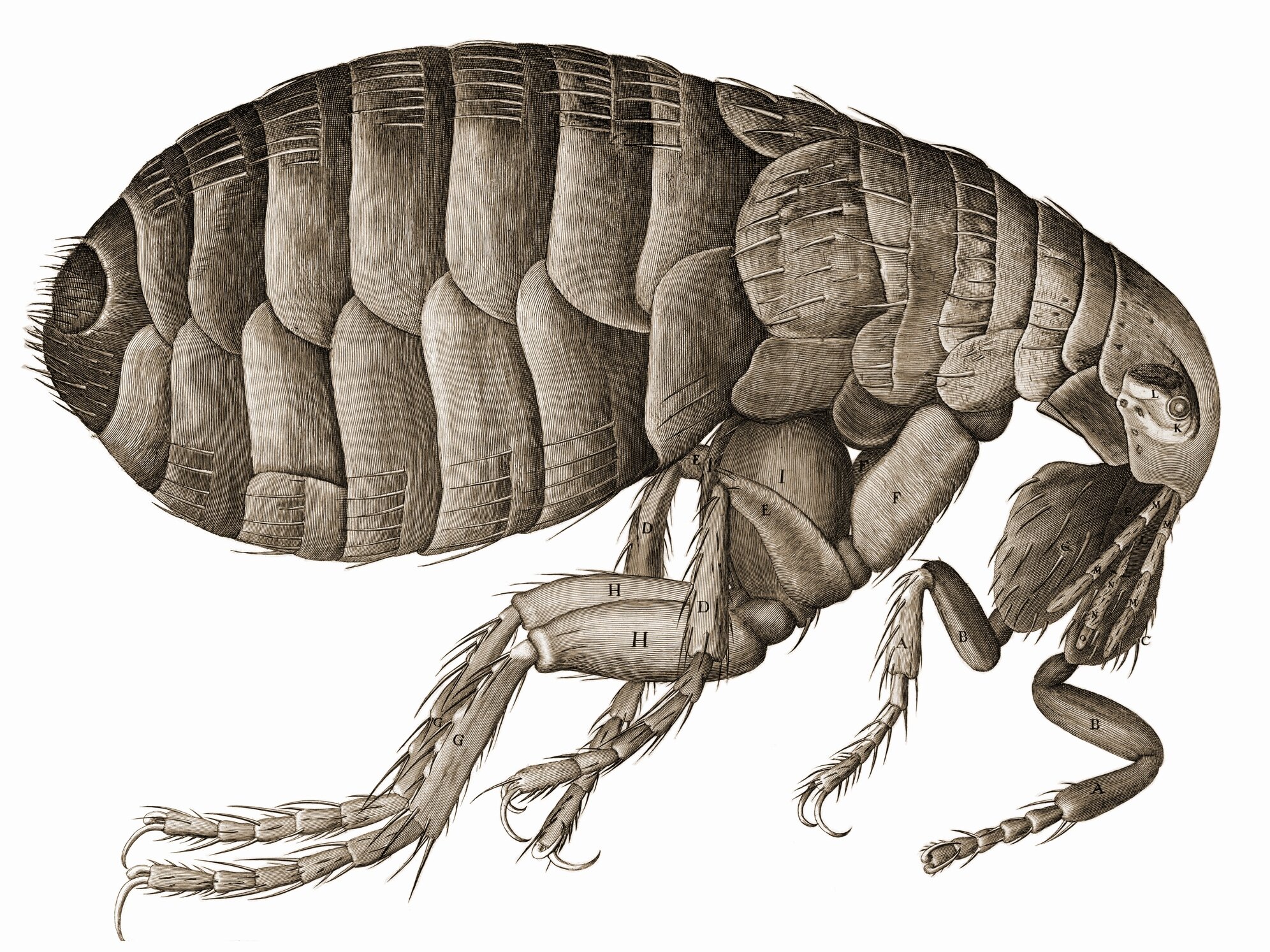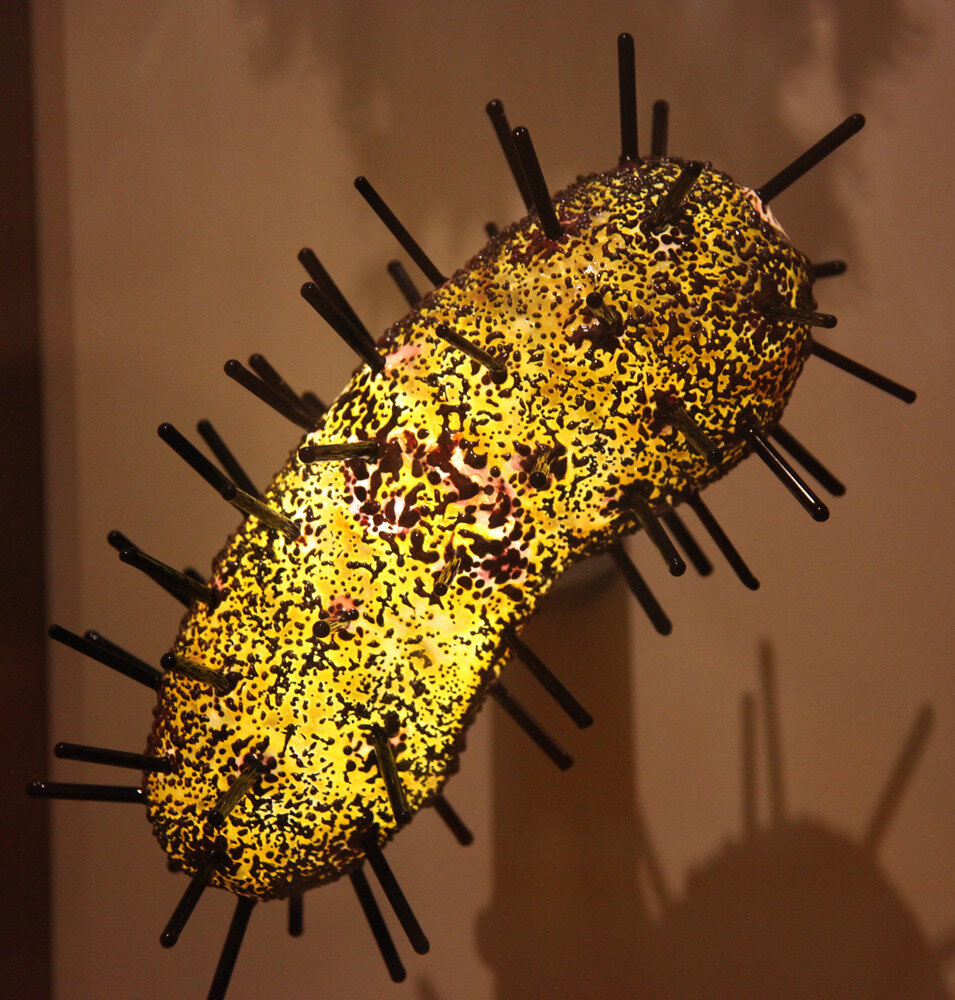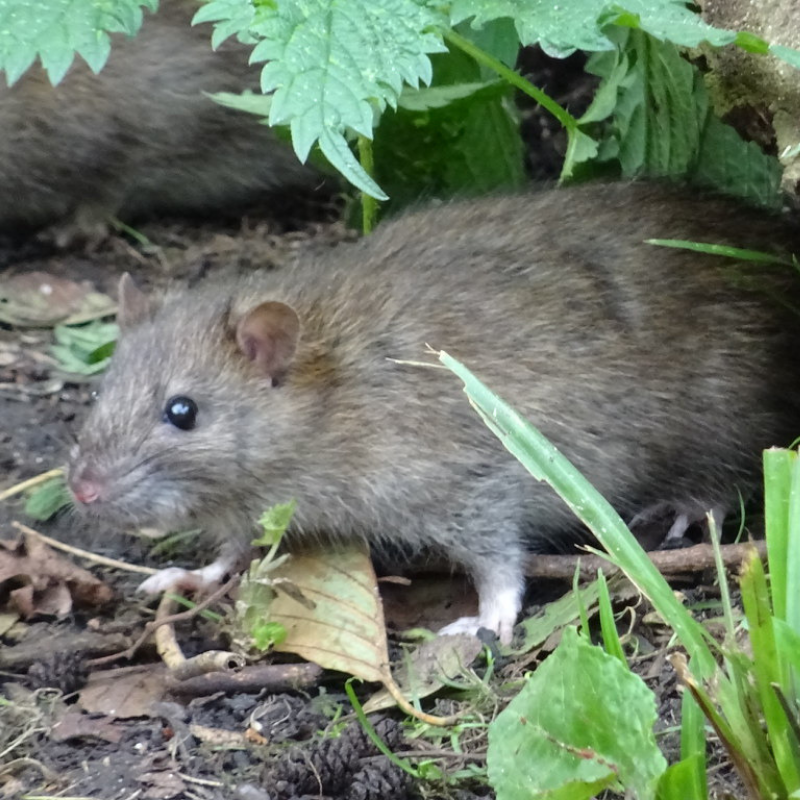As the winter solstice marked the beginning of our coldest season, many of the animals that we encounter in the UK are a lot harder to come across. One of the animals that we see far less frequently and are closely associated with the start of spring are bees…
Why Do Rats Thrive In The UK?
The idea that you're never more than 6 feet away from a rat in London is an urban myth. However, in spite of the threat of predators to their numbers, as well as the pest control endeavours by people looking to avoid the spread of disease, studies suggest that we're outnumbered by rats across the UK….
Grey and Red Squirrels: What's The Difference?
What Diseases Do Rodents Carry
Rodents are known for carrying a huge number of diseases. Often in the wild, rats will feed on anything that can provide them with nutrition. This could be rotting food, animal faeces, and even rotting animal corpses, and so this means they come in contact with a staggering amount of different bacteria and viruses…
Cockroach Infestations In The UK
What Makes Seagulls So Dangerous?
You may have heard a story earlier this year about a little dog called Gizmo who was taken away by a seagull. Many experts suggested that seagulls will have eaten the dog and sadly his body was never recovered. As Gizmo was a chihuahua it’s easy to see how a seagull might mistake him for prey, however seagulls also have a history of attacking human beings.
Spiders Over Winter
How We Deal With Rodents
Temperatures have dropped recently and rodents will have been looking for somewhere warm to protect themselves. With your property providing all of their necessities such as food, water and shelter, they will jump at the chance to get inside. When they're found on property, it's vital for many reasons to have them removed quickly - but how do we conduct our inspections and get the job done?
Which Pests Should You Expect To See Over Winter?
Throughout the winter many of us tend to change our habits - we go to bed earlier, we eat more, and we are usually less active and spend more time indoors. Almost like a form of hibernation. Animals will also change their habits as the weather gets colder, meaning you may see more of some and less of others.
Rats and the Black Death
Rats are well known for being carriers of some nasty diseases and parasites, including Leptospirosis or Weil's disease, Salmonella, Listeria, Toxoplasma gondii and Hantavirus. While they might not seem too intimidating, history suggests otherwise; it's thought that over 20 million people were killed as a result of the Great Plague. So, how did these rodents contribute to the death of over 30% of Europe's population?
The Great Plague, also known as the Black Death, originated in Asia in the 1200s. Claustrophobic living conditions and an abundance of black rats created an ideal scenario for the pandemic to begin. The bacteria that caused the plague was originally carried by rats. Fleas then fed on the infected rat blood and transferred it to humans by biting them. The illness was so destructive that it took multiple waves to spread in the way that it did.
Europeans became aware of the disease through rumours and trading. Unfortunately, there was very little they could do to protect themselves from the Black Death or prevent it due to the lack of research, technology, and understanding of disease back then. In 1347, boats arrived in Italian cities full of people carrying the disease. The disease was airborne, meaning humans could transfer the germs just by breathing, coughing, or sneezing near each other. Continuing to spread, the devastating plague spread all throughout Europe.
While we may be a lot safer now than people in the 1300s, it's still incredibly important that we protect ourselves from the spread of disease. As the cold weather draws closer, rats will be looking for warmer places to reside. It's vital that we take measures to protect our property from rodents, and if necessary, remove any that have already moved in. Did you know that you are legally obliged to keep your property rodent free under UK law? The Prevention of Damage by Pests Act 1949 states that you must do your best to keep premises rodent free, or, if rodents pose a threat to health or property, report infestations to the local authority.
We can help with any rat problems, from prevention to removal. If you’re concerned about rats on your property contact us now by clicking the button below:
Model of the bacteria that caused the Black Death



